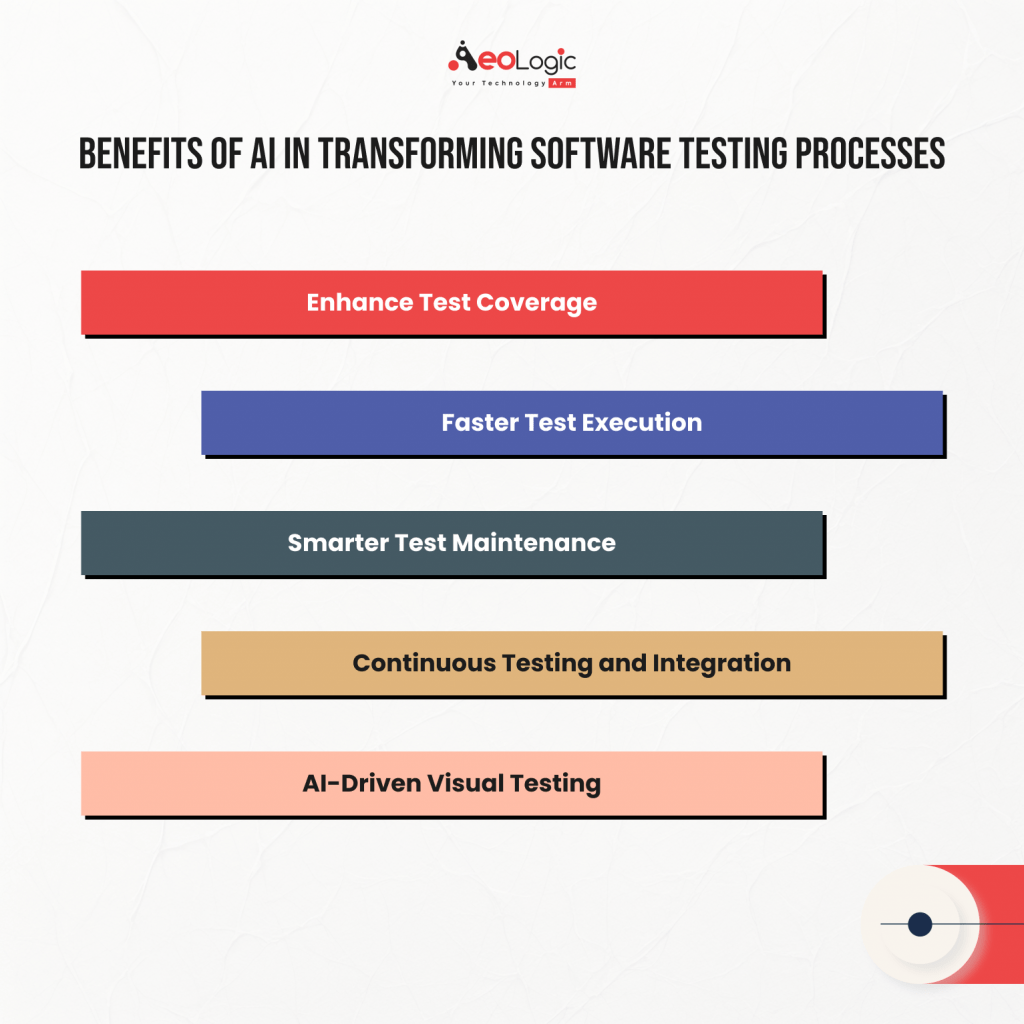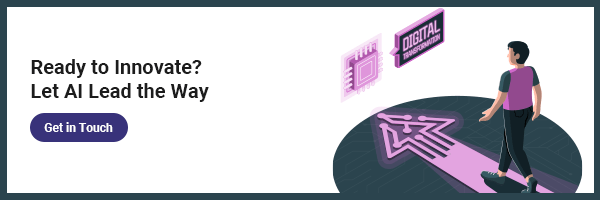The software development industry is a fast-growing industry in this modern and advanced world. Every sector and organization develops different kinds of software such as SCM, CRM, ERP, applications, web, etc. The development or implementation of software in the organization solves many issues and also enhances convenience for the organization while maintaining different operations. The global software market size is calculated at USD 736.96 billion in 2024 and is expected to reach around USD 2,248.33 billion by 2034, growing at a solid CAGR of 11.8% between 2024 and 2034.
Overview + Related Statistics
Software testing is one of the most important stages during the development of software. There are a lot of factors and processes involved in software testing that should be done very carefully to implement good software. It can be many defects, inaccuracies, and related issues that are not possible to detect with manual testing fully. There should be a need to implement any tool or modern technology to enhance or transform the software testing processes. AI can be that tool or technology that has immense potential to enhance the software testing processes incredibly. Even many organizations have implemented this to enhance their software testing aspects.
Through the automation and optimization of numerous processes, including test creation, execution, and maintenance, artificial intelligence is transforming software testing. It improves accuracy and efficiency by enabling more intelligent test case selection, defect prediction, and visual user interface validation.
Additionally, AI can improve performance and load testing, give real-time feedback in continuous testing settings, and automatically modify tests to reflect changes in the code. AI also helps with debugging by examining crash reports and logs and uses natural language processing to translate requirements into test cases.
All things considered, AI changes the software testing environment by speeding up testing cycles, enhancing software quality, and freeing up teams to concentrate on more complex duties.
Related Statistics
Here are a few stats that show the existence of AI for software testing processes.
- Forbes experts predict that between 2023 and 2030, the use of AI for software testing will increase by 37,3%.
- Another study by Capgemini shows that using AI in software testing helps reduce test design and execution efforts by 30%.
- According to IDC.com, by 2025, 40% of the central IT budget will be spent on AI applications for different types of software testing.
In this article, we will see the role of AI in transforming the software testing processes. We will also go through the details like benefits, challenges, etc. In the end, we will end the discussion with a few final words.
Also Read: The Benefits of Effective Software Testing Processes
What is AI in Transforming Software Testing Processes?
AI solutions are transforming software testing processes. Using artificial intelligence (AI) technologies, like computer vision, machine learning, and natural language processing, to improve and automate different parts of software testing. Through automated test generation, intelligent test case prioritization, defect prediction, and real-time feedback during continuous testing, artificial intelligence (AI) facilitates test design, execution, and maintenance.
By identifying problems more quickly and precisely, it also enhances areas like debugging, performance testing, and visual testing. AI improves the efficiency and dependability of software testing by decreasing manual labor, expanding test coverage, and accelerating the release cycle.
Related Blog: The Role of AI In Automating Software Testing And Debugging
Benefits of AI in Transforming Software Testing Processes

There are lots of benefits of AI in transforming software testing processes. A few key benefits are below.
Enhance Test Coverage
In software testing processes, vast amounts of data need to be analyzed, which is not easy or possible with the human and traditional testing processes. Where AI’s ability to analyze vast amounts of data and provide better results than manual testing related to errors, improvement needed aspects, suggestions, etc provides better test coverage.
Faster Test Execution
The testing period of software is a very important thing to discuss or focus on. This does not take too much time to execute test processes but on the other hand, this is also important to have better test results. By automating repetitive processes, AI can shorten test execution times. Machine learning algorithms help optimize test execution, minimizing unnecessary steps and focusing only on the most crucial tests.
Also Read: The Role of Collaboration and Communication in Successful Testing
Smarter Test Maintenance
With the traditional method of testing processes, it needs to manually update test scripts whenever the application changes. This takes too much labor and time with no guarantee of accuracy. With AI-powered software testing processes, it is possible to automatically adapt to changes in the user interface (UI) and functionality, reducing the time and effort required for test maintenance.
Continuous Testing and Integration
Constantly testing software is very important whenever any changes are made. But this could be a frustrating job for human developers where AI can automatically and continuously test every change and provide predictive insights on the particular changes. Integration is another incredible benefit of AI, as AI-powered testing can integrate seamlessly with CI/CD tools, providing real-time feedback to developers.
AI-Driven Visual Testing
Visual testing is another incredible benefit of AI-powered software testing. AI greatly enhances visual testing, which confirms the appearance and feel of the user interface. By comparing screenshots or actual application views with intended outcomes, machine learning algorithms can identify visual anomalies, layout problems, and UI inconsistencies.
Also Read: Key Benefits of Software Testing for Your Business
Challenges with AI While Implementing Software Testing
We have seen a lot of benefits of AI-powered software testing but there could be some challenges too. Here are a few mentioned below.
- Lack of knowledge or expertise can be an issue in implementing AI for software testing as it needs an expert who has advanced knowledge of and well as software testing.
- High initial and maintenance costs can be another challenge as AI models need high capital to implement and also need constant maintenance.
- Limitations in complex decision-making can be an issue as AI cannot help too much in decisive terms as it cannot think like the human brain but only offers results based on data.
Also Read: Importance of Quality Assurance and Testing in Software Development
Final Words
Software quality assurance has advanced significantly with AI-powered software testing. Organizations can overcome many of the conventional drawbacks of manual and script-based testing by incorporating artificial intelligence into the testing lifecycle to increase efficiency, accuracy, and coverage. By anticipating possible problems and instantly adjusting to changes, artificial intelligence (AI) speeds up test execution, lowers human error, and facilitates more intelligent decision-making.
While there are a few challenges too as we mentioned in the last paragraph like cost of implementation, complexity of decision making, integration complexity, lack of skills, etc surely these challenges can be overcome with the upgradation in technology. Overall, AI has the potential to greatly increase testing effectiveness, lower expenses, and raise software quality overall, opening the door for more dependable and durable applications.






